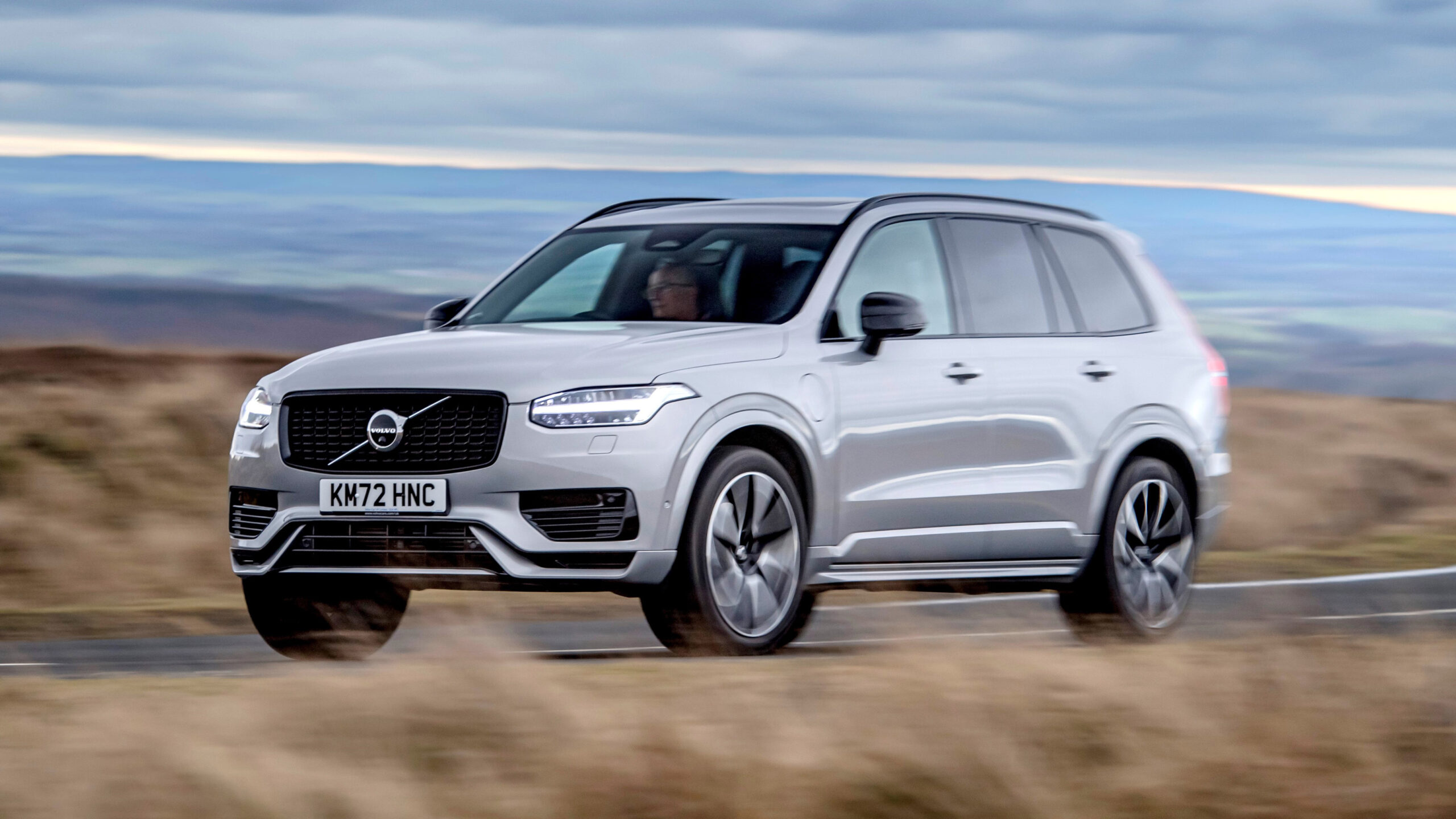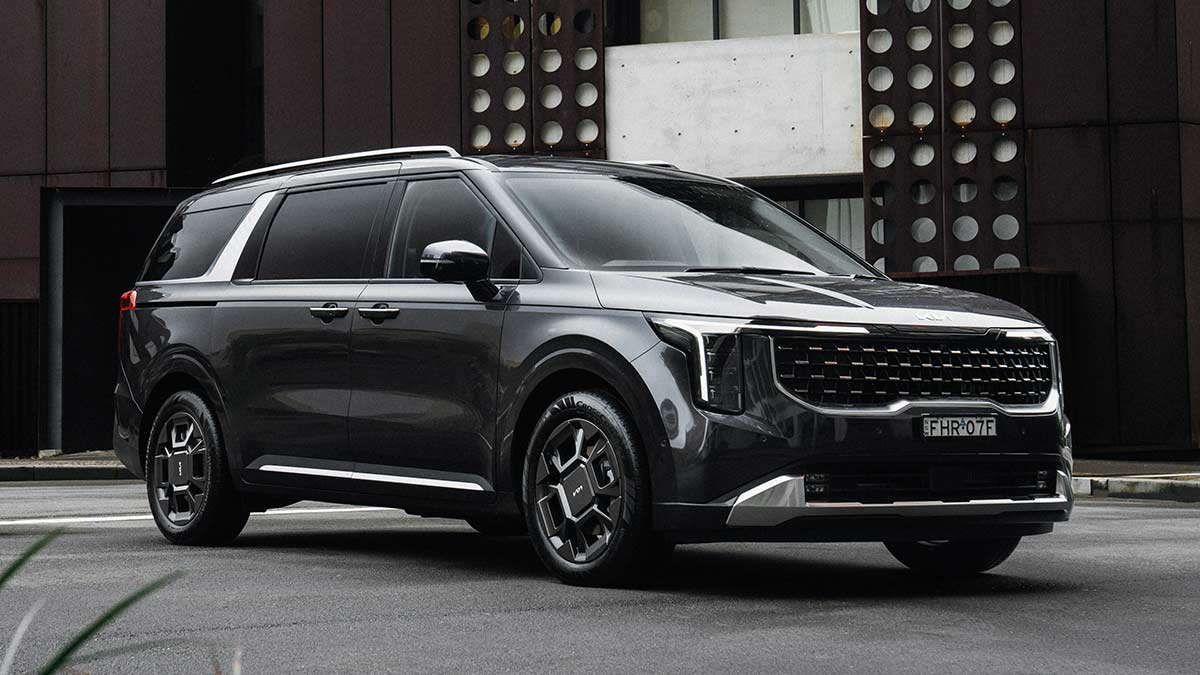Best Family Car 2025: Comprehensive Technical Review of Top Models

Engineering Principles of 2025 Family Cars
Modern family vehicles embody principles of engineering efficiency and intelligent energy management. Manufacturers adopt hybrid-electric or fully electric powertrains to balance acceleration, fuel economy, and environmental impact. Chassis and body design incorporate lightweight alloys combined with high-strength steel zones, improving crash resistance while optimizing energy efficiency. Suspension systems employ adaptive damping that automatically calibrates to load variations, maintaining comfort for passengers while ensuring responsive handling. Engineers utilize modular electronics platforms, ensuring seamless integration of driver-assist systems, infotainment, and vehicle connectivity without sacrificing reliability.
Powertrains and Hybrid Technology
Hybrid and electric powertrains dominate the 2025 family car market. Models such as the Toyota Highlander Hybrid combine a 2.5-liter four-cylinder gasoline engine with dual electric motors delivering a combined output exceeding 300 horsepower. Torque distribution utilizes intelligent all-wheel drive management, optimizing traction on variable surfaces. Fully electric models, including the Tesla Model Y, incorporate dual or tri-motor configurations with instantaneous torque delivery, variable power mapping, and over-the-air software calibration. Battery management systems employ cell balancing, temperature control, and high-voltage architecture to maximize range while maintaining safety and reliability.
Battery Systems and Electric Range
Battery design in 2025 family cars features advancements in lithium-ion chemistry, solid-state experimentation, and cooling management. Tesla’s 4680 cells exemplify tabless designs, reducing internal resistance and improving energy output per kilogram. Volvo’s hybrid SUVs utilize high-capacity lithium-ion modules paired with regenerative braking to extend electric-only operation. Battery packs are structurally integrated into the floor, lowering the center of gravity, enhancing rollover stability, and increasing chassis rigidity. Charging systems include high-voltage onboard chargers compatible with DC fast charging.
Interior Comfort and Passenger Experience
Passenger experience in family vehicles combines ergonomics, technological integration, and spatial optimization. Vehicles such as the Kia Telluride and Hyundai Palisade offer three-row seating with modular second-row adjustments, allowing up to 2,400 liters of cargo space when rear seats fold. Infotainment platforms employ high-definition touchscreens, voice recognition, and smartphone connectivity. Advanced HVAC systems provide individualized climate zones, while sound insulation improves cabin quietness even at highway speeds. Interior materials increasingly favor sustainability, including recycled composites, vegan leather alternatives, and low-emission adhesives.
Safety Systems and Driver Assistance
2025 family cars integrate multi-layered safety frameworks, combining structural engineering with active and passive driver assistance technologies. Crumple zones and reinforced passenger cells optimize energy absorption during collisions. Vehicles employ adaptive cruise control, lane-keeping assist, blind-spot monitoring, and collision avoidance systems. Emergency braking, pedestrian detection, and rear cross-traffic alerts are standard. Independent suspension, stability control algorithms, and torque vectoring contribute to handling safety, particularly for larger SUVs carrying full passenger loads.
Top Family Car Models of 2025
Toyota Highlander Hybrid 2025
Combines a 2.5-liter four-cylinder engine with dual electric motors producing 306 horsepower. All-wheel drive management distributes torque intelligently, improving traction on all surfaces. Cabin offers three-row seating, advanced infotainment, and multiple USB ports. Safety includes lane departure alert, blind-spot monitoring, and adaptive cruise control. Battery placement enhances chassis stiffness and contributes to a low center of gravity.
Honda CR-V Hybrid 2025
Uses a 2.0-liter four-cylinder engine paired with electric motors, achieving high fuel economy with 204 horsepower. Offers flexible interior layouts, compact hybrid efficiency, and advanced driver-assist systems. Regenerative braking, adaptive suspension, and torque vectoring maximize energy recovery and driving precision.
- Spacious Family SUV
Kia Telluride 2025
Focuses on space and utility, featuring a 3.8-liter V6 gasoline engine with 291 horsepower. Seven-passenger seating accommodates families, while a sophisticated infotainment suite integrates navigation, voice control, and streaming services. Safety systems include 360-degree cameras, automated emergency braking, and driver attention monitoring.
- 7-seater Family Car
Hyundai Palisade 2025
Emphasizes comfort and interior refinement, equipped with a 3.8-liter V6 producing 291 horsepower, and optional all-wheel drive. Interior features include reclining second-row seats, tri-zone climate control, and advanced infotainment. Adaptive suspension and multi-link rear setups provide a balance of stability and ride comfort.
- Compact Family SUV
Tesla Model Y 2025
Represents the future of family EVs. Dual-motor all-wheel drive produces 456 horsepower with 0–100 km/h acceleration in 5.0 seconds. Interior offers modular seating, panoramic glass roof, and a minimalistic touchscreen interface. Tesla Autopilot and FSD software enable semi-autonomous driving, OTA updates, and energy-efficient route planning.
- Family-Friendly Vehicle
Volvo XC90 2025
Plug-in Hybrid delivers a combined 400 horsepower from a turbocharged engine and electric motor. Emphasizes safety with Pilot Assist, collision avoidance, and pedestrian detection. Interior design prioritizes Scandinavian aesthetics with sustainable materials, integrated infotainment, and advanced climate control.
- Reliable Family Car
Ford Explorer Hybrid 2025
Utilizes a 3.3-liter V6 engine paired with an electric motor, producing 318 horsepower. Adaptive suspension, active safety systems, and intelligent all-wheel drive improve the family driving experience. Interior versatility supports seven passengers with configurable cargo space.
- Fuel-efficient Family Car
BMW X5 Plug-in Hybrid 2025
Merges a 3.0-liter inline-six engine with an electric motor, delivering 389 horsepower. Performance tuning ensures SUV agility without compromising comfort. Interior technology includes high-resolution displays, real-time navigation, and voice-command integration. Safety systems include adaptive cruise, lane keeping, and collision prevention.
- Long-range Electric SUV
Conclusion
The best family car in 2025 integrates multiple factors: energy-efficient powertrains, structural integrity, advanced AI safety systems, interior versatility, and infotainment connectivity. Families can choose from hybrid, plug-in hybrid, or fully electric platforms depending on their priorities for range, performance, and sustainability. The models reviewed — Toyota Highlander Hybrid, Honda CR-V Hybrid, Kia Telluride, Hyundai Palisade, Tesla Model Y, Volvo XC90, Ford Explorer Hybrid, and BMW X5 Plug-in Hybrid — represent the forefront of family mobility, offering superior engineering, performance, safety, and comfort.
